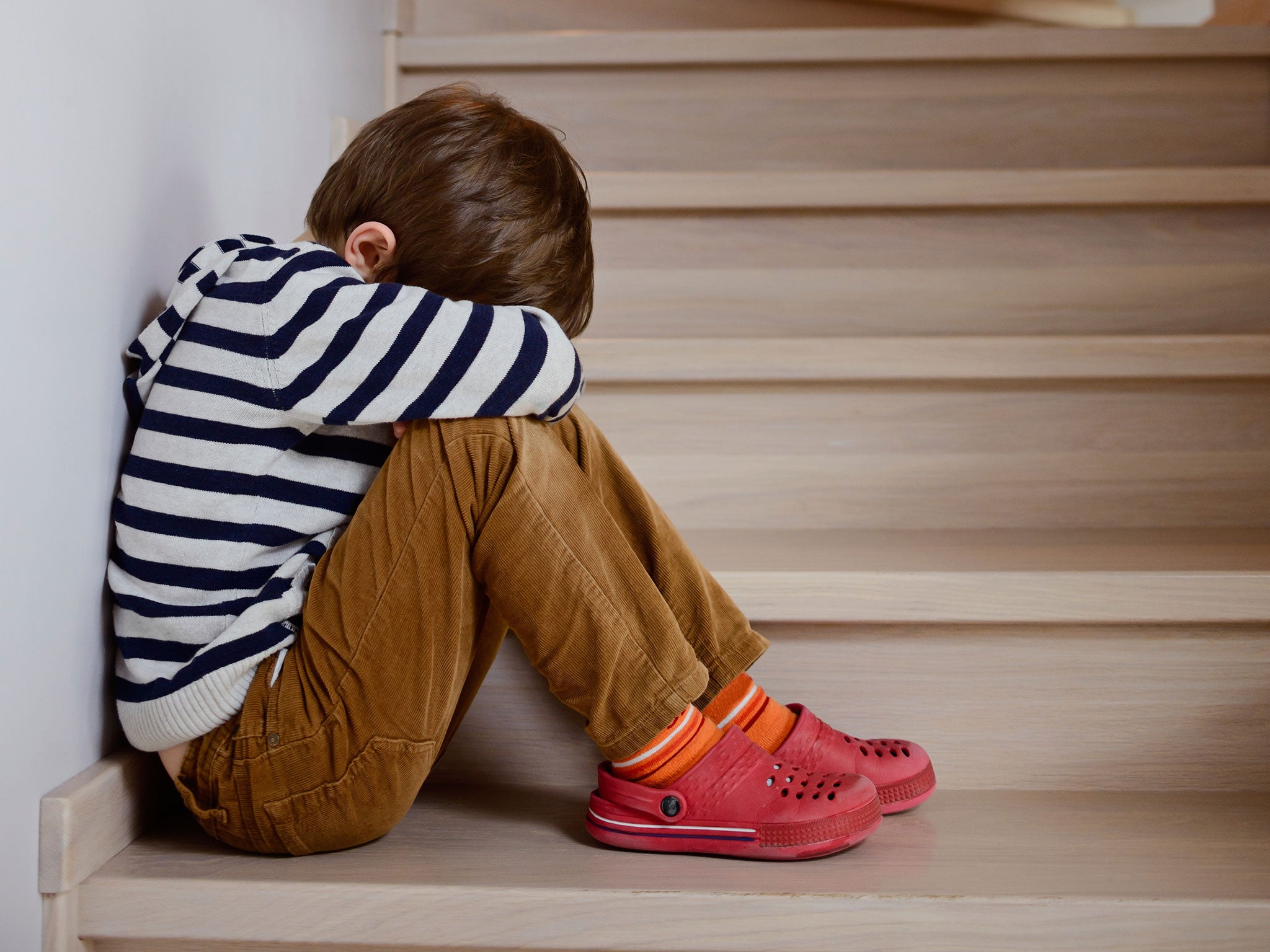We need to tackle the victim blaming culture that perpetuates child sex abuse
One in three people who have suspected a child is being abused have done nothing to act on their suspicions – and we're not asking why


Following high profile cases, such as the inquiry into career and crimes of TV presenter Jimmy Savile, police have been overwhelmed with reports of child sex abuse. New figures show that cases are now being reported at a rate of 100 a month; by 2020, police anticipate that they will be investigating a staggering 200,000 cases.
That news, however, is bittersweet. It is at once disturbing and heart-breaking to see how frighteningly common such crimes are, yet also a relief that many victims and survivors who have kept silent for fear of being ignored or ridiculed are now coming forward in the faith that they will finally be taken seriously.
On the same day that the police released these figures, another worrying statistic was revealed. Research commissioned by the Department for Education found that one in three individuals who have suspected a child they know is being abused did nothing to act on their suspicions. Fear of having misread a situation, potentially ruining someone’s life by wrongly tarnishing them with such a serious accusation, is cited as the biggest factor which deters reporting suspected crimes.
More than a third (36 per cent) of people said they would find making an accusation about potential sex abuse more agonising than reporting a family member to the police for any crime. And 37 per cent said they would find it harder than delivering news of the death of a family member or friend.
Of course, no decision to report abuse will ever be easy. The sense of the magnitude of the accusation, and the awareness of the extreme repercussions for all involved, can be overwhelming. However, the seriousness of child abuse should mean that the question of whether to report should not be a question at all. We all have a duty to report our fears, despite our concerns that they may be unfounded.
It is troubling that, despite recent awareness raising and high-profile cases, ambivalence about reporting still exists. While victims are self-reporting incidents to the police in much higher numbers, those who are not victims are still deeply reluctant to “get involved”.
Recent changes in attitudes have empowered victims to self-report abuse in the knowledge that they will be taken seriously. We now need to empower all citizens to act when they witness concerning behaviour.
Putting responsibility on victims to report sex crimes, and therefore the responsibility to prevent abuse, perpetuates victim-blaming attitudes; it reflects the belief that the onus is always on the victim to stop their abuser by speaking out, rather than on society to protect its citizens in the first place and to be receptive to signs of abuse when they occur.
It absolves wider society of responsibility, in failing to acknowledge that child abuse is a far-reaching and important social issue. Instead, we are encouraged to think about abuse in terms of isolated events and disconnected individuals.
Delayed reporting puts victims at risk of further abuse, as victims may not realise they are being abused until long after it has ended, due to emotional manipulation and grooming tactics.
Just as we have encouraged victims to come forward and speak out about their experiences, we must now put an end to the bystander culture surrounding abuse.
If we are serious about eradicating abuse, collective cultural responsibility is just as important as individual victim empowerment. Every delayed report or silent witness could be a missed opportunity to save a child.
Join our commenting forum
Join thought-provoking conversations, follow other Independent readers and see their replies
Comments